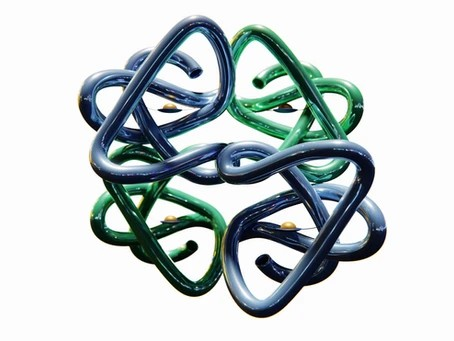Peptide Therapy: What is a Peptide?

In basic terms, a peptide is simply a sequence of two or more amino acids, or rather a small protein which consists of amino acids linked in a chain.
To better understand the nature of peptides, it helps to consider that proteins are made up of one or more polypeptide molecules. The protein that we obtain through food are split under the influence of gastric enzymes into smaller peptides which have many different functions in the bodily systems. This is where the “bioregulation” component comes in, with bioregulation being any biological process that regulates something.
Peptides have the ability to bioregulate the activity of certain molecules and because of this, peptides can act as both neurotransmitters and hormones. Each organ and body function has its own unique peptide and peptides have been shown to shortcut the protein synthesis process. When peptide bioregulators are active organs can build and tissues can develop easier and faster.
Why is this important?
Peptides are a rapidly growing area in medical science. Peptides can actually be replicated in labs and can be introduced into the body to do specific work. Peptides can be viewed as the bodies own healing mechanism. It has been shown that there is a link between peptides and aging. In a nutshell, aging involves the gradual process of a slowdown in protein synthesis which eventually leads to malfunction and death.
In our peptide series we will show some of the amazing applications for peptides and how they are benefitting people every day.





